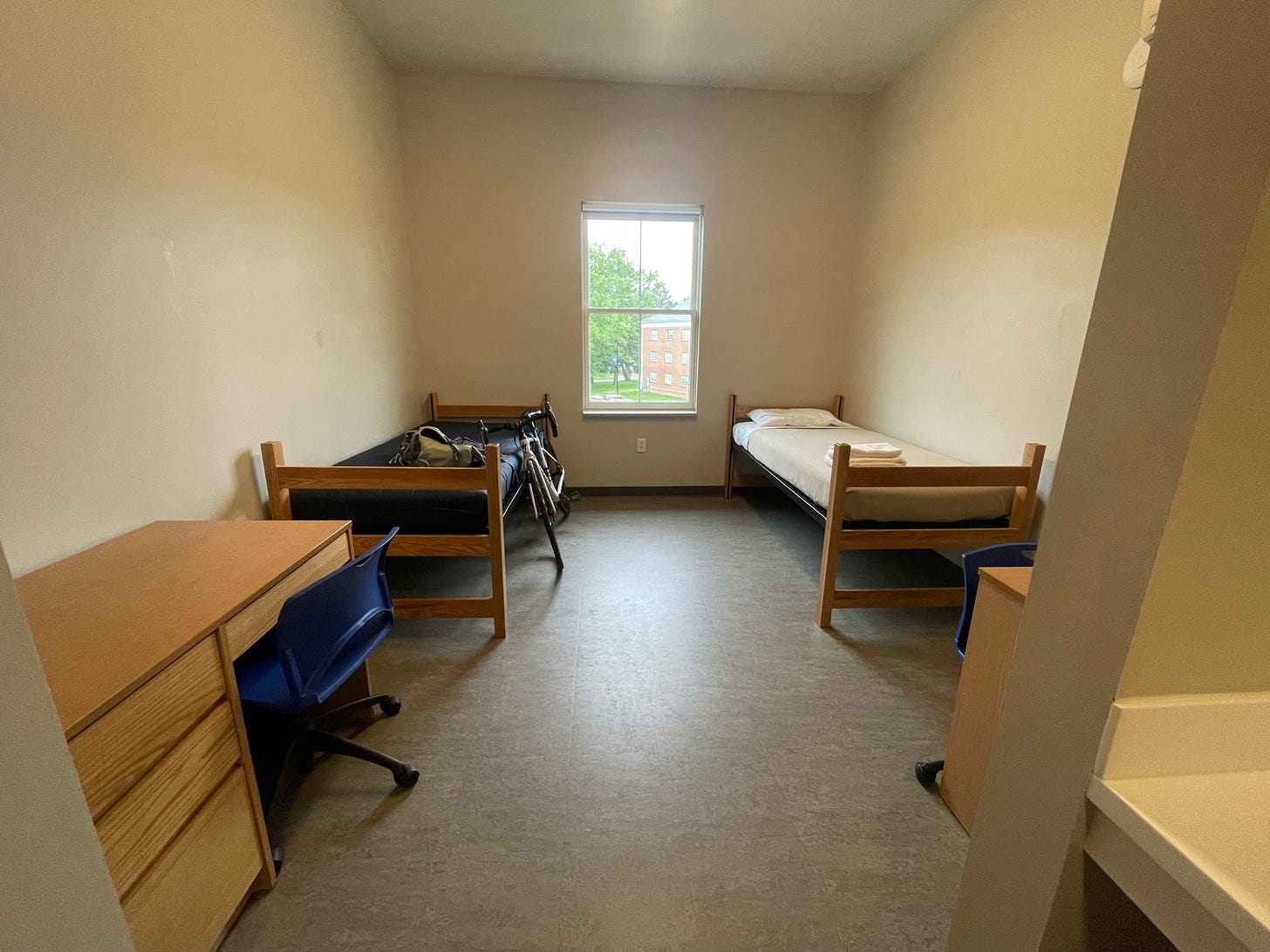No new community science for you this week because I’m at a writing conference. No worries, I’ll be back at it next week because (a) I’m now a NASA community scientist, and (b) I’ve discovered a cool cloud observation project. Reader, are you an over-achiever? If yes, you can prep for next week’s topic by checking out the Cloud Appreciation Society.
The reason I’m on vacay is because I was accepted into the Looking Glass Rock Writers’ Conference that’s happening now in Brevard, N.C. I’m learning more about writing creative nonfiction, and my teacher is the award-winning author and backyard naturalist, Margaret Renkl. I can’t wait to learn from her and my classmates.
Reset, Part 2.
As I take a break to learn and reflect, it seems like a good time to think back to the reasons I started The Everyday Scientist. The following is from the first issue, published Dec. 31, 2022:
The ins and outs of community science.
People talk about climate and environment anxiety. Do a tiny bit of research yourself, and you’ll understand why the worries are adding up. Two-thirds of North American birds are at risk of extinction. E. coli sometimes pollutes the creeks and rivers that furnish our drinking water. Pollution in the air degrades the sky to the point where we can barely see the stars some nights. Uneasy facts like these can make us feel helpless. What can I do? More recycling, fewer showers? Donate?
Yes. Plus, here’s another possibility of how to help: join me and find your sweet spot in the world of community science.
Community science is a growing field. I zoomed in on it recently when I found out about all the species that we need data on: the ladybugs, frogs, sea turtles, birds and many more. I’m an everyday person, no scientist, but there are concrete things I can do, right here in Georgia, to help improve our coastlines, swamps, and the night sky. And, it is not just the bugs or places that need attention, people do too. I, along with my friends and neighbors, are living in areas that are getting hotter and hotter, and there’s a way I can help scientists learn more about what’s happening. Community science—it’s also called citizen science or participatory science or just volunteer work—can be just the ticket for the non-scientists among us who want to take constructive action to help the planet.





What a wonderful opportunity. I read her column weekly and loved Graceland at Last.
How was Brevard?
Sounds fun!